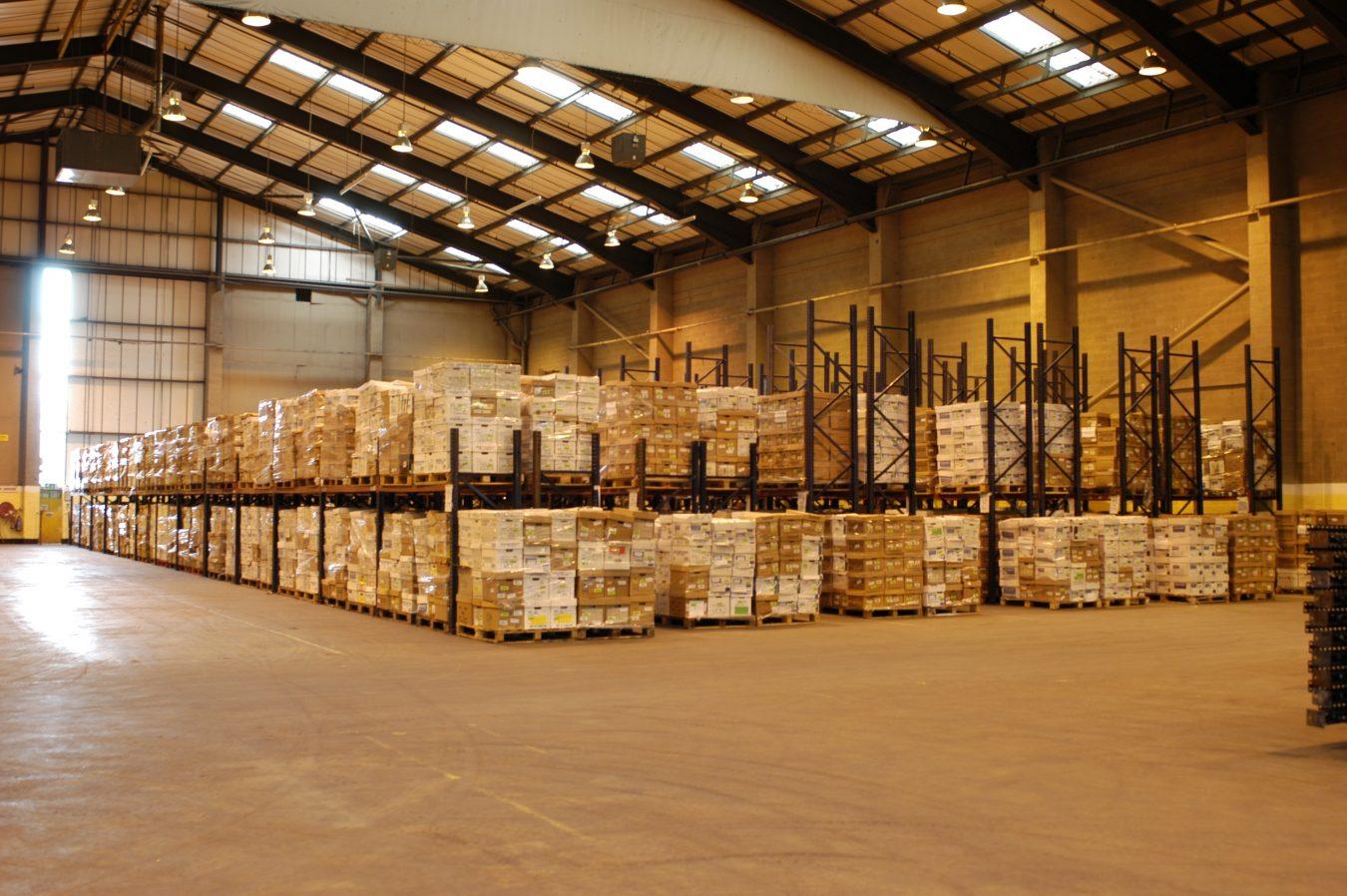
When considering international expansion, it’s important not to forget to account for increased inventory storage. This can be a challenge for DTC brands. For this reason, many have considered exploring the possibility of using bonded warehouses. The post explores the options in-depth by explaining bonded warehouses and how they work.
In supply chain management, the need for specialized storage facilities where the goods can be stored is always felt. These technical storage facilities are generally known as bonded warehouses or free zones. The warehouse provides the facility of storage of goods, which is an essential requirement for many exporters and importers.
WHAT IS A CUSTOM BONDED WAREHOUSE?
A custom bonded warehouse is where imports are stored for temporary customs storage before being released for sale or export. Products are typically stored in a bonded warehouse to be inspected by customs authorities. At the same time, duty rates are applied to them, based on the type of import they are.
WHAT ARE CUSTOM BONDED GOODS?
Custom bonded goods or bonded cargo are imported goods and are kept in bonded warehouses for the clearance of custom duties, taxes, or other payments. These goods are either in the form of finished products ready to sell out or in raw material, on the way to reach their destination to undergo through manufacturing phase.
HOW CUSTOM BONDED WAREHOUSES WORK?
A bonded warehouse is a commercial space equipped with advanced security systems to store goods until they are declared for import or export. Bonded warehouses can be owned and operated by a public agency such as a municipal government, private companies, or individuals.
Let’s get into the whole process!
Receiving of goods at a bonded warehouse
When goods get to the warehouse, their liability is borne by the warehouse owner and importer under a warehouse bond. This bond ensures all necessary taxes and duties and customs charges are deferred until exit from the warehouse.
Storage of goods at a bonded warehouse
Once the goods arrive at your warehouse, they’re stored appropriately. For example, perishable items may be stored in a deep freeze, while bulk liquids can be stored in a storage tank.
Goods bonded will undergo specialized processes such as cleanings and sorting with supervision from the customs authority. Additionally, in the case of raw materials that are bonded, they may undergo manufacturing operations with duties deferred until when they’re eventually exported.
Order fulfillment and custom clearance
Bonded warehouses are especially beneficial to the importing process because they take care of all duties and taxes on behalf of the customer.
They also offer customer-friendly services such as pick and pack, and shipping. The goods can then be withdrawn once all necessary fees have been paid. Non-bonded warehouses do not have these privileges, so it is the company’s responsibility to take care of fees and inspections themselves.
WHY IS BONDED WAREHOUSING IMPORTANT?
While shipping internationally, bonded warehouses play a significant role in low-cost, low-risk arrangements.
Such warehouses have fulfillment capabilities and even the best solution for storing restricted goods.
It means bonded warehouses have their staff for picking, packing, and shipping, plus they give an edge to importers and exporters that they can keep their restricted products there while they do all the legal paperwork.
BENEFITS OF CUSTOM BONDED WAREHOUSES
There are some advantages to using a custom bonded warehouse. Such as:
Cost-effective and easy to pay taxes
A customs bonded warehouse is an invaluable tool in today’s global economy. By using a privately owned customs bonded warehouse, importers can cheaply defer duty payments until goods are ready to be exported. Another is that using a custom bonded warehouse will result in huge cost savings on importing goods.
Fulfillment by local shipping vendors
Another advantage is the ability for importers to establish long-term relationships with local vendors.
International eCommerce has never been easier, thanks to bonded warehouses. All goods can be stored in one location and then shipped to the customer. Unlike regular import duties, though, goods can be stored in a bonded warehouse and not paid until sold. Furthermore, brands don’t have to worry about import, storage, and fulfillment separately – it’s all taken care of.
Long-term storage facilities
The next advantage of bonded warehouses is their storage capacity.
Goods can be stored for up to five years without incurring customs duty. This eliminates the need to travel yet still meets your company’s long-term storage needs.
BONDED WAREHOUSE VS. 3PL
The difference between 3PL and bonded warehouses is a frequent topic of discussion for supply chain managers.
One option is a multi-client logistics provider, or 3PL, specializing in transportation and logistics services. Companies hire third-party logistics like CSG3PL for their extended supply chain management needs.
The second option is a bonded warehouse, which allows importers and exporters to store goods prior to export or before shipment.
The shipping process is very complex, and it can be difficult to know how it all works, especially when you are just starting up.
When shipping a large volume of goods, it is best to hire a logistics company to handle the transportation needs. There are many logistics companies in the market, but the most common logistics company is the 3PL (Third Party Logistics). The 3PL services provides the most comprehensive transport and distribution services for your business.
CONCLUSION
Bonded warehouses are great for storage but not fulfillment. That means they don’t offer inventory management or fulfillment software that lets you manage all your metrics in one place.
Unlike tech-enabled 3PLs like CSG3PL, bonded warehouses can’t integrate with your current inventory and fulfillment tools. This makes it difficult to streamline your operations when the warehouse takes on the responsibility of logistics. This leaves room for errors and inconsistencies in your process.
CSG3PL provides proper inventory management and software services to manage all steps in your fulfillment and logistics operations.
FAQs
- What is bonded and non-bonded warehouse?
Answer: Non-bonded warehouses require immediate attention to taxes and inspections. Bonded warehouses defer taxes until a purchase has been made.
2. What are the disadvantages of bonded warehouses?
Answer: When an importer imports goods without paying the customs duty, the customs authorities can auction off the goods to defray the cost of the unpaid duty. When the importer decides to withdraw goods from a bonded warehouse, they will have to pay a higher duty because they paid for this bond at a past time.
3. What can be stored in a bonded warehouse?
Answer: A bonded warehouse is a duty-free zone that processes imported goods. Wet bonded warehouses have strict regulations that only alcohol and tobacco can be stored. Dry bonded warehouses hold all other imports.

